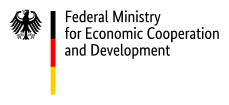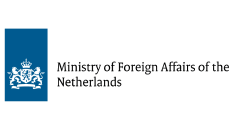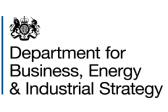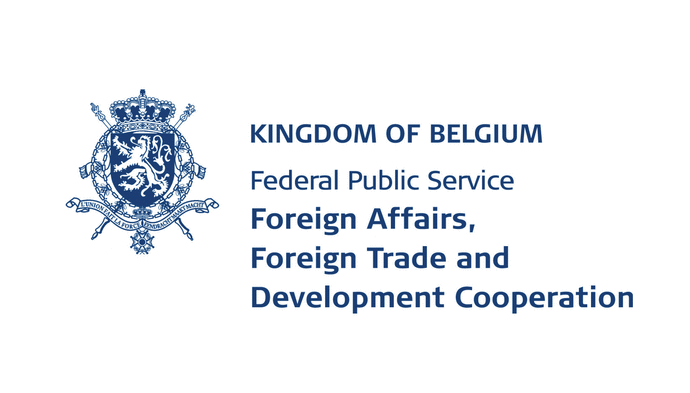Greening Central Banks

Given the substantial risks that climate change poses to the financial sector, central banks have a pivotal role in ensuring financial stability in the face of climate shocks and potential financial disruption associated with the low carbon transition. Yet, all too often in developing countries, central banks are not adequately prepared for such upheavals.
To meet this need, in November 2021, the NDC Partnership launched the Readiness Support for Greening Central Banks to assist central banks to develop and strengthen the necessary capacities, institutional settings, systems and processes to:
- Adopt a precautionary approach and mitigate climate risks
- Safeguard and promote green investments
- Establish/strengthen operational relationships between central banks and ministries of environment and finance and/or planning
- Mainstream the Partnership’s Economic Advisory Initiative recommendations in relevant financial policies, systems and processes
The nature of technical assistance provided includes developing and strengthening (i) financial sector roadmaps aligned with NDCs and long-term strategies (LTS), (ii) climate change risk frameworks and stress tests, (iii) climate taxonomies and disclosure and (iv) mechanisms to unlock green investments. The uniqueness of this initiative is the on-the-ground embedded technical support in close partnership with other initiatives and networks that complement the work. The embedded advisors are placed within central banks either in the governor’s office or in a climate-specific unit in the bank. Additionally, central banks count on specialized expertise from Partnership members and peer exchange opportunities.
Since its launch at COP26, the initiative has seen strong interest from countries and partners. As of August 2022, 20 central banks have been consulted and indicated interest and support to the initiative. Out of those, 12 central banks have officially requested support and six have confirmed support: Dominican Republic (supported by AFD — the French Development Agency), Georgia (European Investment Bank), Jamaica (AFD), the Eastern Caribbean Central Bank (AFD and World Bank), Liberia (World Bank) and Nigeria (UK-PACT).
As an example, the Eastern Caribbean Central Bank (ECCB), which oversees eight countries in the Caribbean, is receiving support from AFD and the World Bank to green the financial system in the Eastern Caribbean Currency Union (ECCU). More specifically, the bank is being assisted to (i) promote financial innovation for green financing and mobilize private capital to support green investments that accelerate the renewable energy transition and green jobs and (ii) develop risk-management frameworks that incorporate climate risks for both the ECCB and its licensees.
Similarly, the Central Bank of Nigeria (CBN) is being supported by the United Kingdom (UK PACT) to strengthen the Nigerian Sustainable Banking Principles (NSBP). The CBN is looking to ease the transaction burden and reporting process for banks and financial institutions to report on the country’s sustainable banking principles. The NSBP is a tool to align the financial sector to the country’s NDC and channel financial flows and business growth toward socially equitable low-carbon, climate-resilient investments.
Given the importance of maintaining stability to countries’ financial systems during the transition to net zero, the NDC Partnership is actively engaging with partners to expand the initiative by providing needs-assessment consultations, facilitating dialogue among central banks and relevant experts to further explore countries’ needs and matching these requests for support with technical assistance and resources from Partnership members.









